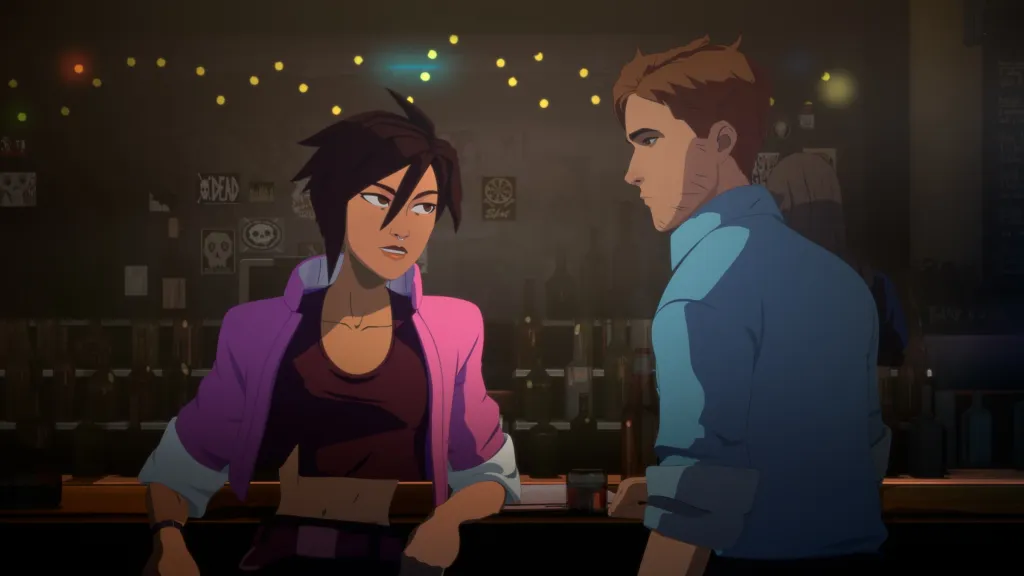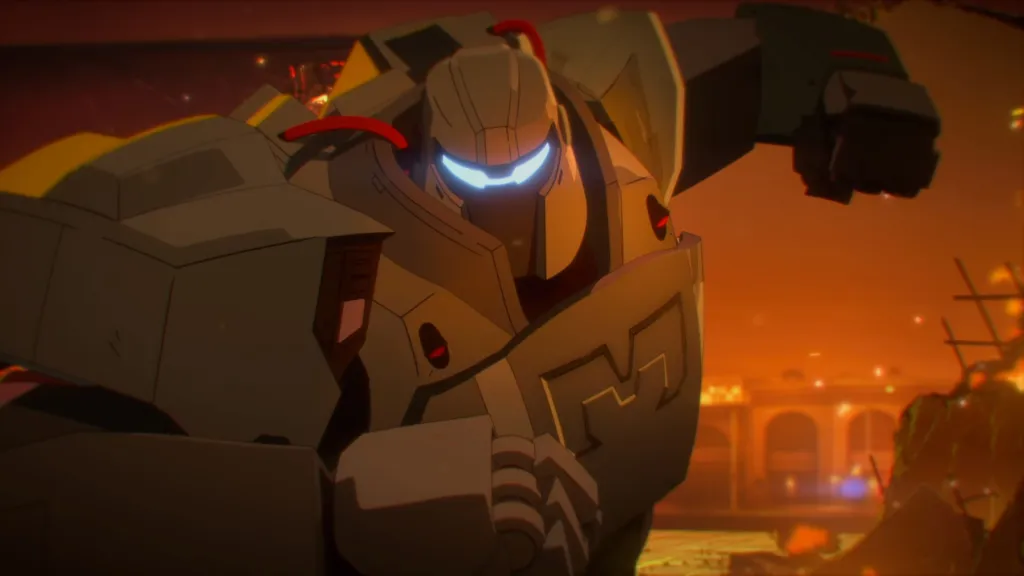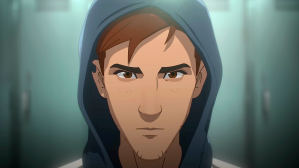Telltale Games had many excellent games through its initial tenure after its explosive success with The Walking Dead. However, there was at least one persistent issue the studio was rarely able to overcome: the disappointing penultimate episode. While it didn’t ruin the team’s best titles, they often went into their last episode just after one of the weakest — if not the weakest — episodes of the season. Dispatch, a game bred from that Telltale cloth, has also repeated this trend, as its fifth and sixth episodes are its least impressive ones yet.
Videos by ComicBook.com
But that’s not to say Episodes 5 and 6 are season-ruining filth that drag down Dispatch as a whole. Detailed animation and the colorful comic book-like art style remain a highlight because of how far it goes beyond the standard set by most games. It’s heavily focused on cutscenes, so the quality of its presentation in these scenes has an inflated importance when compared to other titles in different genres.
Rating: 3.5/5
| Pros | Cons |
|---|---|
| The beautiful art style and animation still bring the game to life | While a few jokes are great, there are a noticeable amount of iffy ones here |
| Action scenes are goofy and edited well | The villain reintroduction has come too late |
Dispatch Episodes 5 and 6‘s Humor Is Inconsistent

It’s also still got an admirable sense of humor that leads to more than a few laugh-out-loud bits or parts that are least worth a chuckle, particularly Flambae’s karaoke version of Meredith Brooks’ 1997 hit song “Bitch.” But this is where its previously pristine Mecha Man-like armor has started to crack, as this pair of chapters also has its share of sour jokes that suck some of the air out of the moment. There are bound to be a few stinkers here and there when a script is this focused on wisecracks, but Episodes 5 and 6 have the biggest share of actively weak gags. This wasn’t the case in Dispatch‘s hilarious first two episodes and while nothing is as eye-rollingly unfunny as Episode 3’s tired “Big Chungus” reference, it’s impossible not to notice how these episodes aren’t quite as funny as those that came before.
Dispatch at least still focuses on its characters. The team of slowly reforming misfits spends a lot of time together off the clock in Episodes 5 and 6, a key and inevitable part in all of these workplace comedies where the cubicle walls fall down to reveal the human underneath the company uniform. Episode 5’s off-hours hangout session is brief yet told through action that intercuts well between the past and future, demonstrating the chapter’s best cinematic touch that it repeats a few times.
Having a team this big means it’s impossible for Dispatch to evenly humanize each member — an unfortunate side effect for a season this short — but they’re all at least charming enough to where this minimal amount of development is able to serve the greater purpose of giving protagonist Robert a support system. It would have been nice to see Punch Up be more than a short, Irish genital puncher and have Prism evolve into something more complicated than a snarky popstar with light powers, but they at least don’t detract from the central story.
Dispatch Episodes 5 and 6 Finally Bring Back the Main Villain

Robert’s grander ambitions are touched on here and while the internal struggle of wanting to find purpose within Mecha Man’s crime-fighting shell is a decent hook, it’s let down a tad by the lack of a better villain. Shroud, Dispatch’s barely memorable bad guy, has only made a brief cameo in the debut episode before showing back up in Episode 6, so it’s difficult to truly fear or understand him. He’s been chasing the Astral Pulse energy source and there have been extremely brief mentions about it here and there, but his motivations are still unclear and he’s been unable to pressure Robert like a true antagonist. Dispatch seemed to have forgotten that it set up a big bad boss in the first place, so while Shroud’s presence in Episode 6 gives the chapter another point of much-needed external tension, the season as a whole hasn’t built this conflict up enough for this return to be truly rewarding.
The dispatch mechanics have also suffered here but for different reasons. Picking who to send on missions remains an engaging exercise since it’s a gameplay system that doesn’t require reflexes and fits within the story, offering something much better than half-baked puzzles. But the cracks are beginning to show since it’s hard to shake how little dispatching matters. Failure isn’t punished and success isn’t celebrated, so while tactically sending out the proper Z-Team member is engaging in the moment, the absence of long-term effects deflates these segments. Ideally, the team’s performance would factor into the story in some way and it seemed like that was a possibility early on once the training wheels were taken off. But it’s clear now its two halves would not affect each other and that’s a disappointing realization.
Disappointment lingers over Dispatch Episodes 5 and 6, but they’re still quite solid in some respects, mainly thanks to their visual style and the handful of decent comedic lines sprinkled throughout. There are also a few entertaining action sequences that are silly and cut well and demonstrate what Dispatch excels at. Failing to properly set up the villain and having more shaky jokes, though, mean that Dispatch is unnecessarily stumbling toward its finale. Those concluding installments will determine if Episodes 5 and 6 were temporary shortcomings, chapters that would only make more sense later, or bellwethers of what was to come.
A PS5 copy of Dispatch was provided by the publisher for the purpose of this review.









